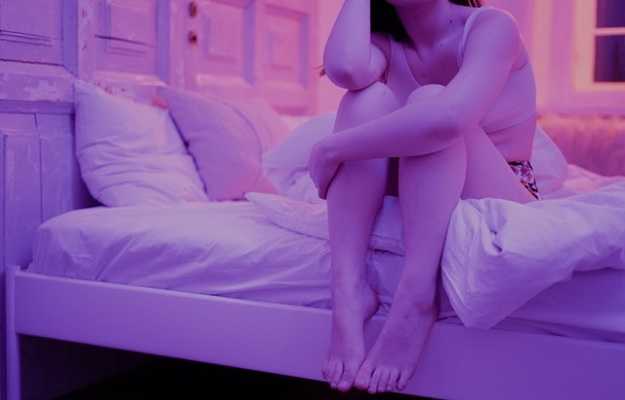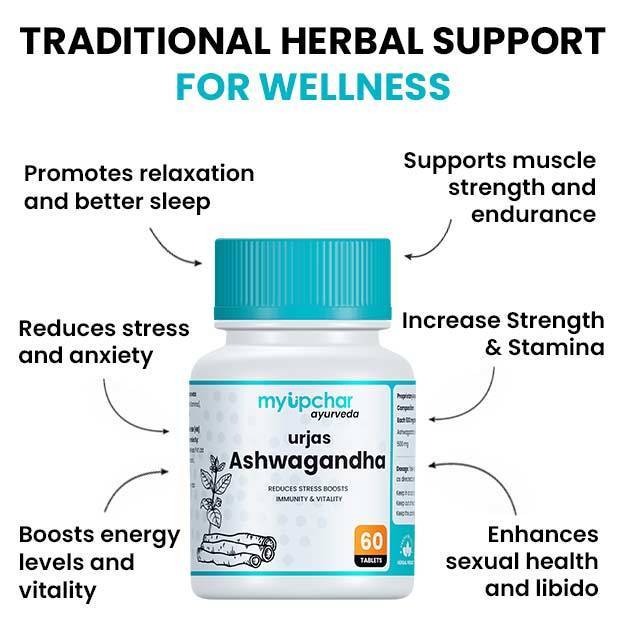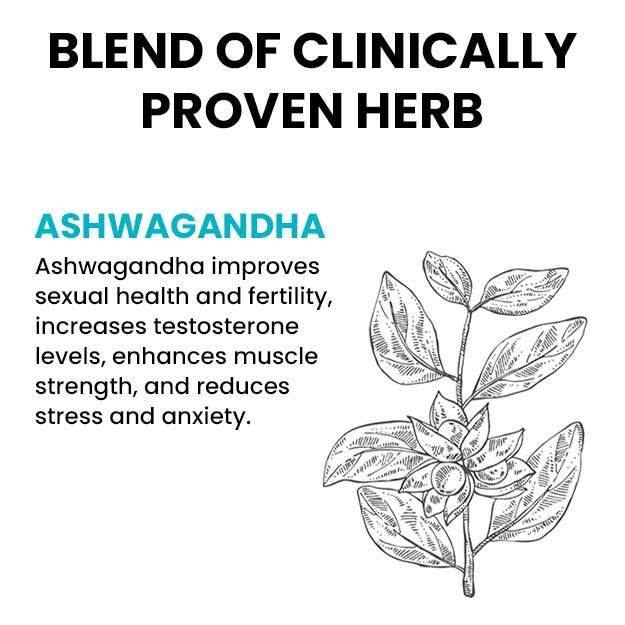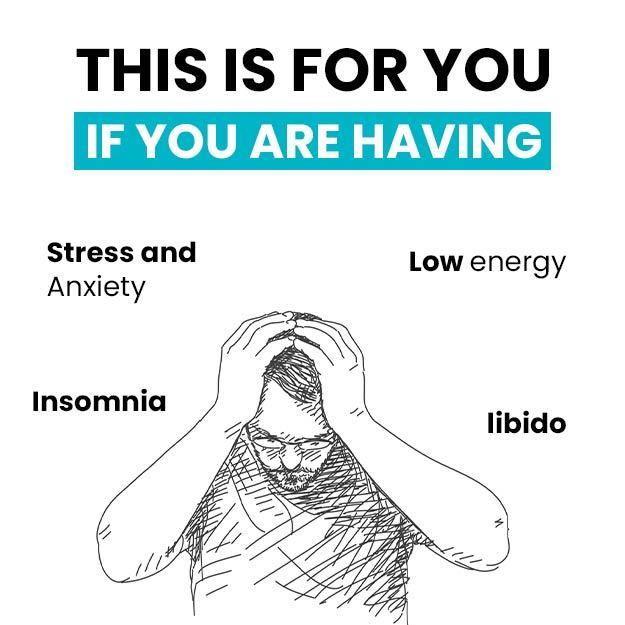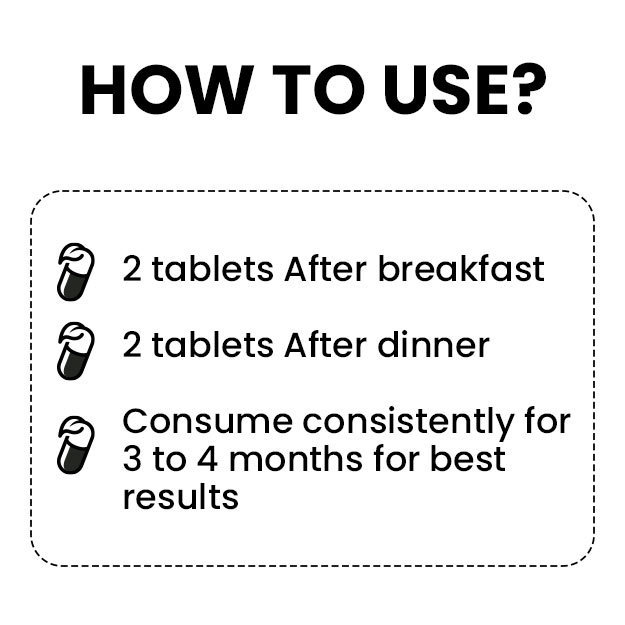Twisting and turning in bed for hours can be tedious. First, you think it’s the covers, then the pillow. Nothing seems to lull you to sleep.
The brain needs at least 7 hours of continuous sleep to function optimally. Not getting enough sleep can lead to complex health problems, along with impacting cognitive function.
Here is the complete detail about the ayurvedic treatment of sleep disorder.
While it’s fairly common to get up for a sip of water once in a while, not being able to get sound sleep on a daily basis can result in sleep deprivation.
There are a number of reasons why you may be having trouble falling asleep and staying asleep once you have gone to bed. It’s important to identify what’s keeping you up so that you can figure out how to make it better and get back to sleeping well.
Read on to know the most common reasons behind waking up at night:
(Read More - Sleep Disorders treatment)

